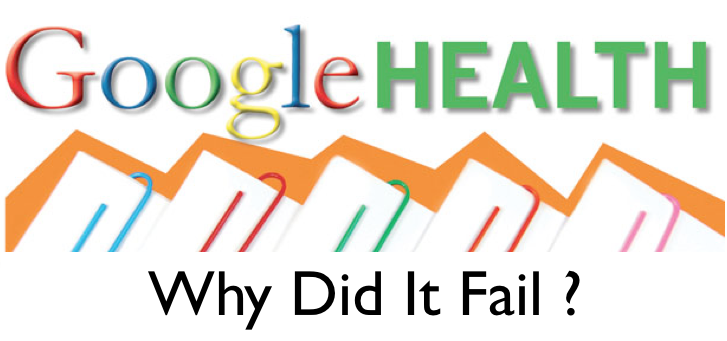The Wellness Paradigm - Health Clubs And Fitness Brands Should Be Mindful As New Models Emerge To Provide Solutions
/
The scholar Daniel Boorstin observed, "The greatest obstacle to discovery is not ignorance, it is the illusion of knowledge." Boorstin, a renowned historian and author who wrote, The Genius of American Politics, Democracy and Its Discontents, and The Lost World of Thomas Jefferson, was right. Sometimes overcoming challenges requires letting go of assumptions. As he put it, "If we think we know something, then we face an obstacle to innovation." Boy was he ever right. When you look at the state of health quality in the industiralized world, especially in the US, it serves as a good example of what Boorstin is talking about.
Don't believe me ? The chief medical officer of the American Cancer Society, Dr. Otis Brawley, has a book out, How We Do Harm: A Doctor Breaks Ranks About Being Sick in America, that makes this case in full. Brawley tells of doctors who select treatment based on payment they will receive, rather than on demonstrated scientific results; hospitals and pharmaceutical companies that seek out patients to treat even if they are not actually ill (but as long as their insurance will pay); a public primed to swallow the latest pill, no matter the cost; and rising healthcare costs for unnecessary—and often unproven—treatments that we all pay for. Here are a few choice excerpts (keep in mind that Otis is a highly regarded Doctor):
"I have seen enough to conclude that no incident of failure in American medicine should be dismissed as an aberration. Failure is the system. America does not have a health-care system. We have a sick-care system, and "system" is not an accurate word to describe it because "system" denotes organization. Too often, helping the patient isn't the point. Economic incentives can dictate that the patient be ground up as expensively as possible with the goal of maximizing the cut of every practitioner who gets involved."
I think similar problems extend into the fitness and wellness industries, although they are not as sigificant financially. There are health clubs and fitness brands whose main focus is still trying to "sell" memberships convincing people that they'll look great naked or in a swimsuit this summer. Attrition rates for health clubs hover around 40% or higher (that means 40% of people quit each year), while obesity rates soar. The majority of professionals working in fitness do not maintain general certifications and many industry groups fight industry standards. Why ? For the same reasons that exist in the sick care delivery system.
The causes of this problem are "pigs at the trough". The main interest for many is in maintaining the status quo and not doing things differently, so long as the same people can make a buck. Watch the video clip from Dr. Brawley below and please tell me, Bryan O'Rourke, what do you think? Do you think there are too many in the sick care and the fitness business that are more interested in making a buck than helping people get well and healthier ? I think that is true for some; let's change it. Here's the good news, some people are and the sick care system, health clubs And fitness brands should keep theior eyes on new emerging models that will provide better solutions. Keep your eyes out for my upcoming post on WellnessFX to prove the point.
About the author:
Bryan O’Rourke is a health club industry expert, technologist, financier, and shareholder and executive in several fitness companies. He consults with global brands, serves as a member of the GGFA Think Tank is Chair of the Medical Fitness Association’s Education Committee, is President of the Fitness Industry Technology Council and a partner in Fitmarc, Integerus, Fitsomo and the Flywheel Group. To learn more contact Bryan here today .








